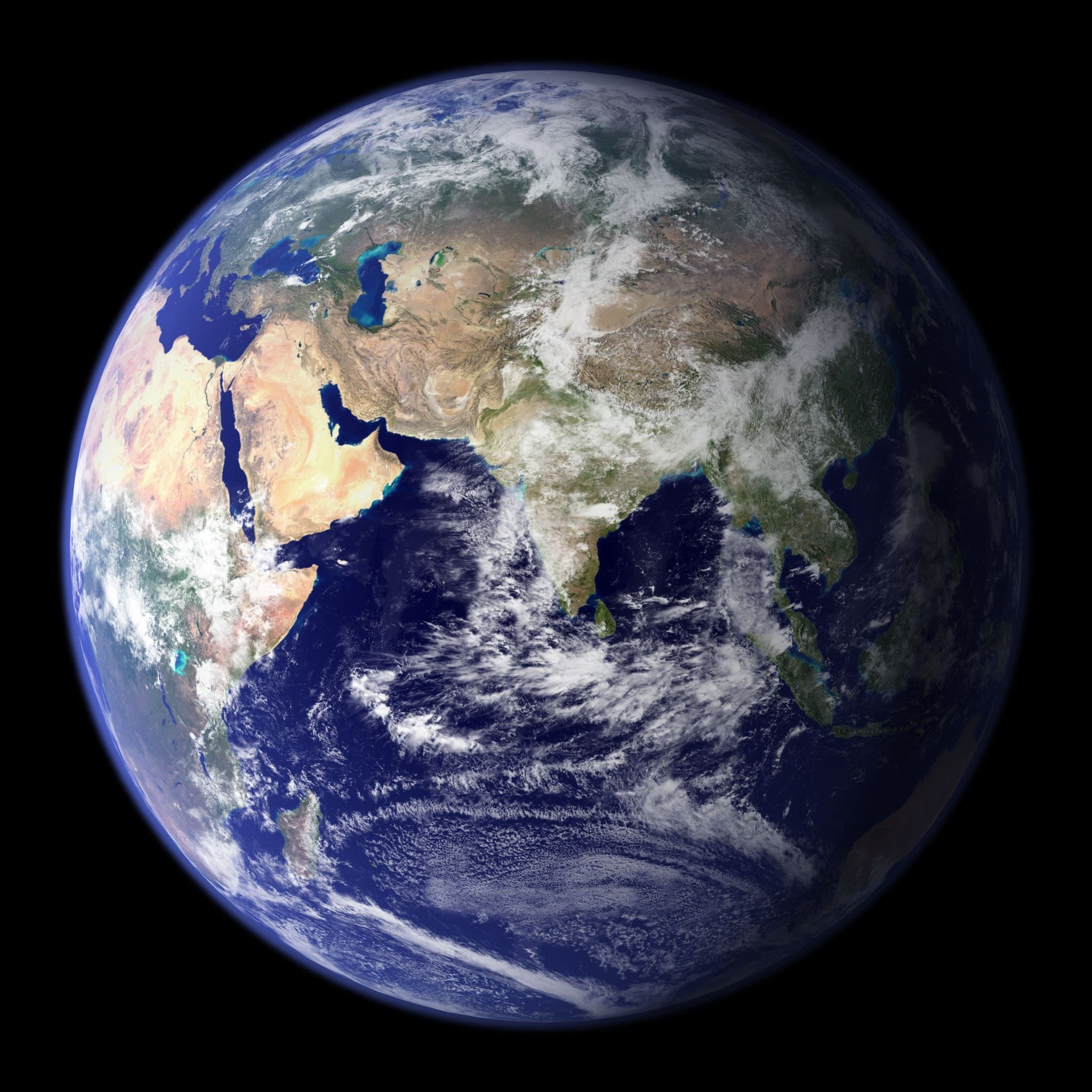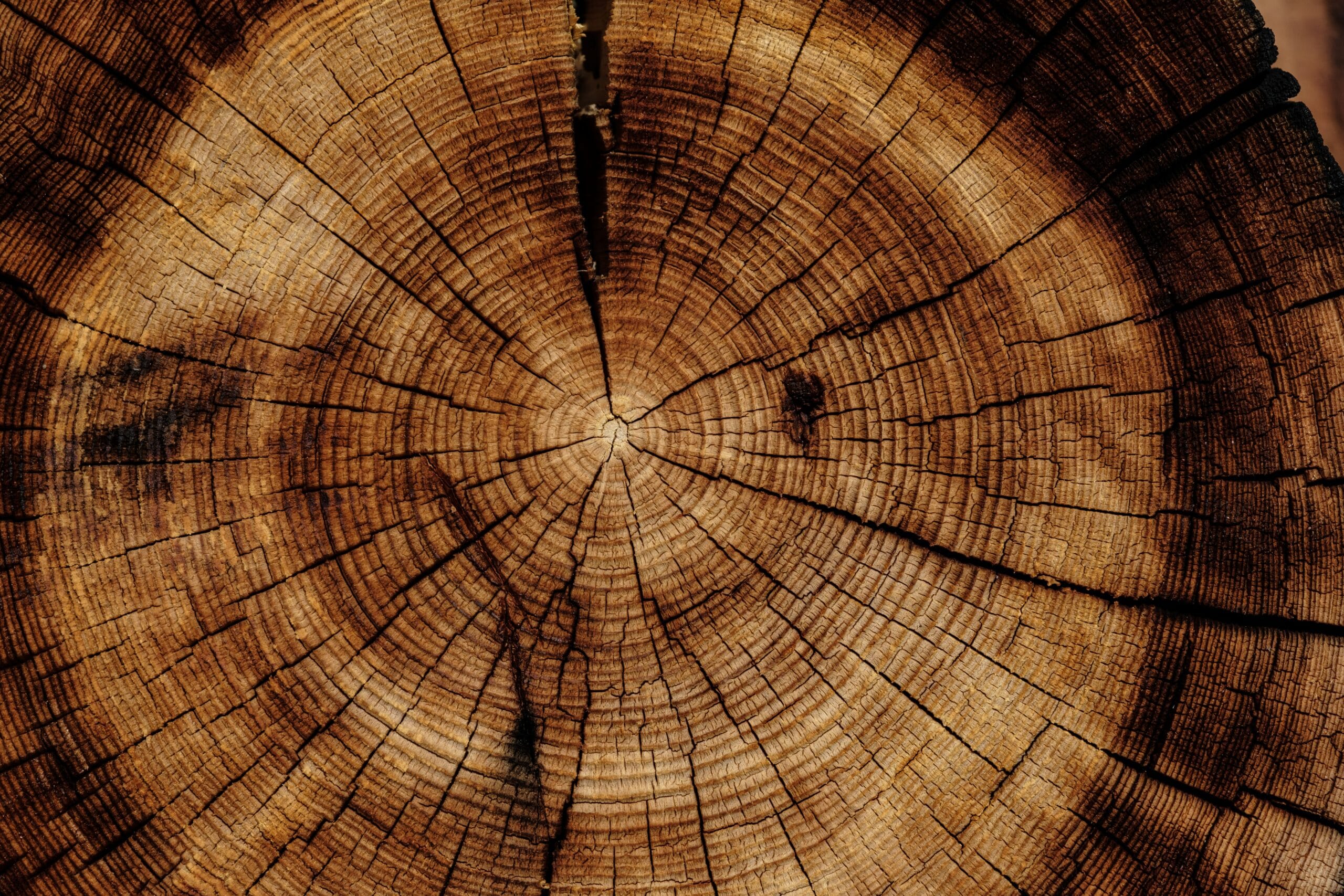Shleimut’s Approach to Change:
Embodied Wisdom Divine Paradox
Jewish tradition advises us to hold two truths in our pockets:
I am nothing but dust and ashes
and
For my sake alone was the world created
We are meant to keep these two sentiments close to our bodies – embodied, even – and to live in the seemingly paradoxical space between them.
Shleimut invites us to live into embodied wisdom and divine paradox through two sacred emanations, hesed/loving kindness, and gevurah/strength. Jewish tradition teaches that rather than being in opposition, these two qualities complement each other.
Perhaps we can best understand this dynamic relationship in the famous words of Dr. Martin Luther King:
“Power without love is reckless and abusive, and love without power is sentimental and anemic. Power at its best is love implementing the demands of justice, and justice at its best is power correcting everything that stands against love.”
Drawing from these foundational concepts, Shleimut also weaves in two schools of contemporary thought to our change-making work: humanistic psychology and community organizing.
Both schools of thought assert that change is possible, and both hold tremendous potential to heal and transform. Again although these two approaches may initially seem contradictory – radical acceptance on one hand and radical boundaries on the other – Shleimut’s approach synthesizes these stances into a whole.
Expanding Wholeness
Shleimut weaves together these threads of hesed and gevruah, of ancient Jewish wisdom and contemporary humanistic approaches, in service of fostering personal and collective change.
Some moments in our lives and work call for a stronger emphasis on radical acceptance of all things, while other moments call upon us to draw a line of justice and stand behind it. Navigating between these stances and cultivating a nuanced relationship between them is at the heart of Shleimut’s work.
Vision: The Choices Before Us
In this time of climate crisis and persistent forms of discrimination, we are presented with choices. We can accept the status quo. We can despair in the face of overwhelming odds. Or, we can choose to come together to chart a course towards a more just, more equitable, more peaceful and more sustainable future.
Shleimut fosters wholeness on an individual and collective level. By cultivating inner wholeness, we manifest outer wholeness, better enabling us to support all life on earth.

Shleimut’s Founding
Shleimut’s first retreat was held in 2018 at the Am Kolel Sanctuary Retreat Center.
This particular retreat was specifically designed for Jewish activists working for peace and justice in Israel/Palestine. We found that activists were experiencing high levels of burnout and needed a chance to come together to rest, reflect and recharge.
Since then, Shleimut has evolved into a multifaceted organization, offering Spiritual Resilience programs for change makers as well as unique, transformative educational programs to support individuals and communities who want to approach Israel/Palestine through a spiritual and social justice lens.
A few words from our founder, Ilana Sumka
“In the 1990’s I worked as a political, community and labor organizer in New York City. I was passionate then – as I am today – about the issues I worked on: living wage jobs, health care for all, quality education. But something was missing from my grueling, 24/7 work pace. I started to feel like my soul was dying.
In 2004, I packed my bags and moved to Israel in search of a spiritual life. I hoped to become deeply immersed in ancient Jewish tradition. For a while, I lived a fairly blissful life in West Jerusalem, studying Jewish texts, hosting shabbat meals and hiking in the desert.
But in the summer of 2005, amidst a profoundly meaningful spiritual retreat at Elat Chayyim, I felt a stab of pain as I noticed that no matter how much I loved to be immersed in a spiritual setting, I missed my work in social justice.
It turns out that when I do justice work, I miss having a spiritual practice, and when I am immersed exclusively in spiritual practice, I miss justice work.
Ever since, I have striven to integrate my commitment to justice and my spiritual life. Along the way, I have found that I’m not alone in my desire to lead a more whole, more holistic life, grounded in appreciation for the beauty of life while not cutting myself off from pain around the profound inequities that plague us. I’ve come to appreciate that as we grow in our wholeness, we increase our ability to hold an array of seemingly disparate experiences. This ability helps us chart a path forward towards love, towards light, towards a sustainable life for all.
I’ll close by sharing an early Christian saying that I return to:
“If you bring forth that which is within you, then that which is within you will be your salvation. But if you do not bring forth that which is within you will, then that which is within you will be your damnation.”
We each have something precious within us. The more we bring our inner preciousness to the outside world, the more peaceful, the more equitable, the more just and the more sustainable the world will be. I invite you to join me on a journey towards wholeness.”



